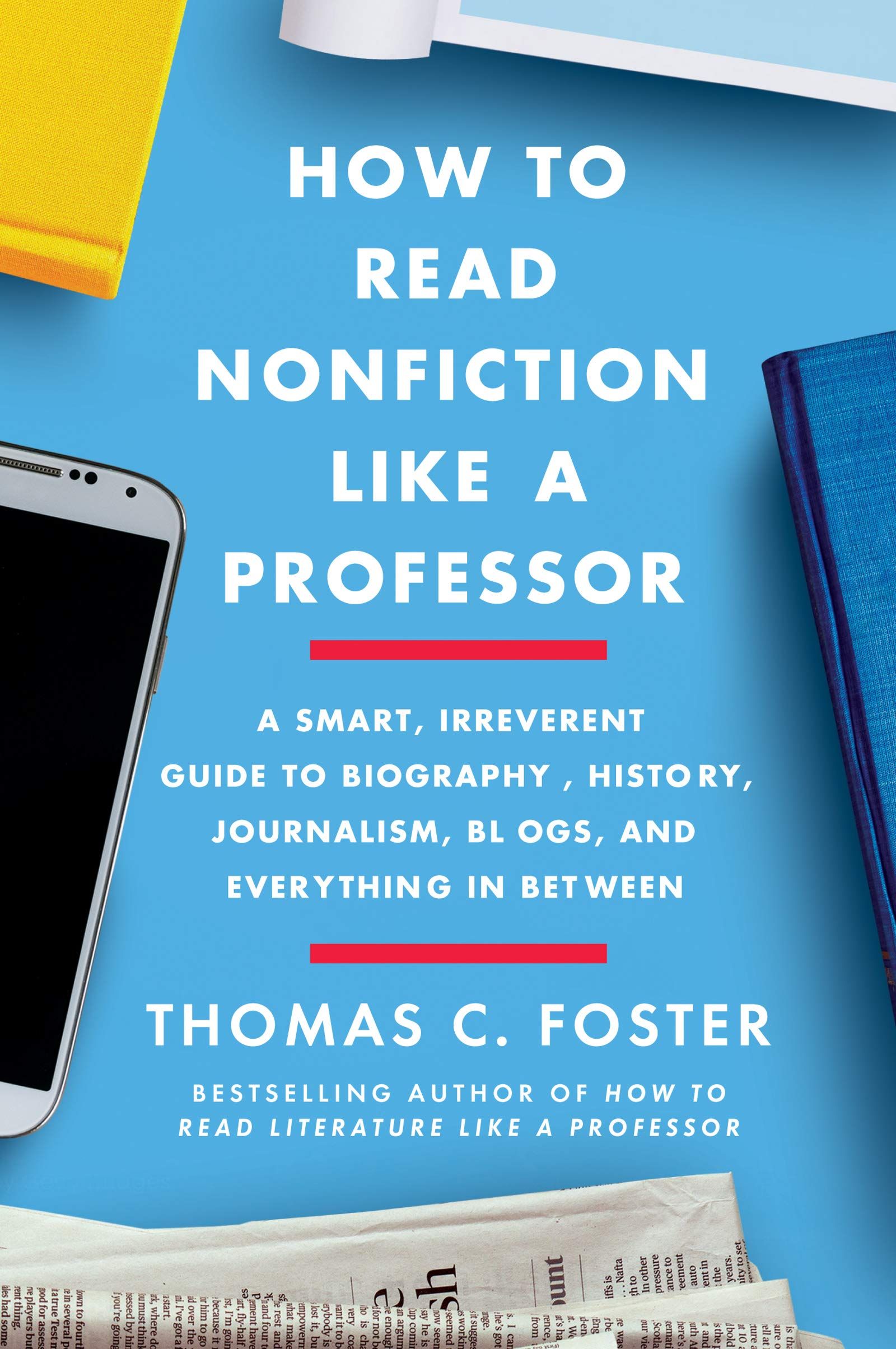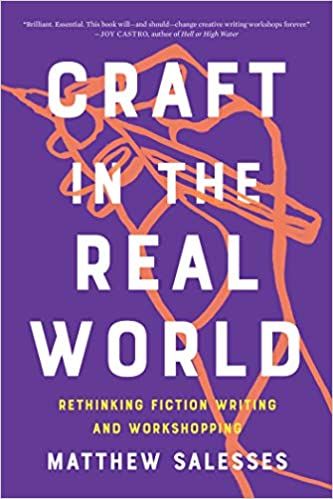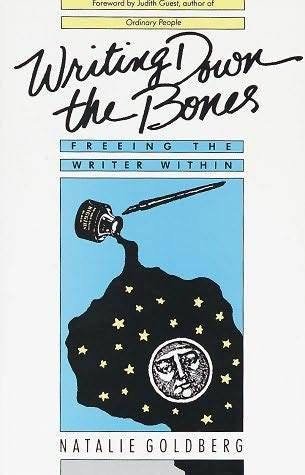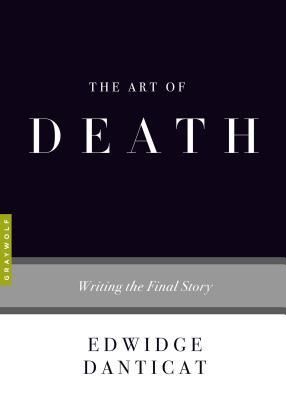Language evolves; it is not static. It has always changed, and this is nothing new. It follows, then, that writing and the way we think about it and teach it should also evolve and change. But change has been…very slow. MFA programs in particular seem to be guilty of this (don’t @ me, I’m not dissing MFA programs, I went to one — I’m just saying they could use some examining, like many other kinds of educational programs). Many MFA programs still eschew genre writing, have very rigid views on what they deem “literary,” still follow the traditional workshop model, or are still teaching the same syllabi from years ago, full of mostly dead white men. Social media, memes, and self-publishing platforms can be great, but they can also be hotbeds of misinformation, falsehoods, and at worst, hateful or dangerous rhetoric. As someone with a public health background, if I chose to refute what I see even on some of my Facebook friends’ posts, I’d be on social media all day arguing with people who think The Lancet is some medieval jousting tool. But in all seriousness, even when we read reputable outlets, critical thinking is important: who is writing this, where are they coming from with this, who funded this study, what is the aim here? And we should be reading widely from a variety of sources. We should also do this even when we’re reading things with which we agree. Thoughtful reading and writing is a constant practice, I’m finding. That’s not a bad thing. It keeps our minds fresh, enables us to check our own biases and judgments, and pushes us to keep questioning ourselves. It can be hard to figure out where to start, though, and when that happens, I usually turn to books. These are seven of my favorite books about reading and writing. If you’re looking for even more books about reading and writing, check out this list of 100 must-reads or this post on NaNoWriMo books (maybe to prep for Camp NaNo?).






